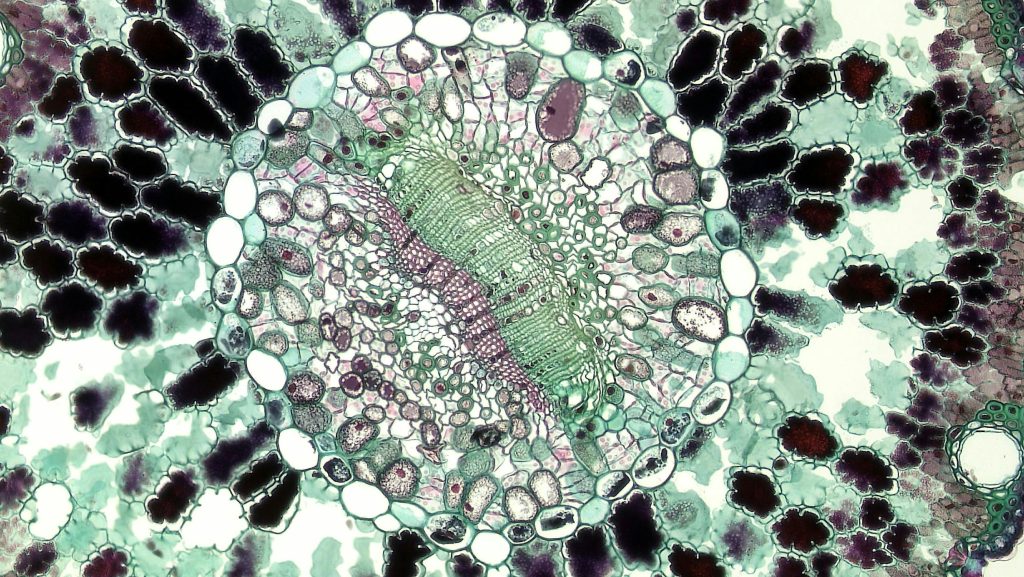What are stem cells?

- Undifferentiated cells: Stem cells are like blank slates. They haven’t yet become specialized cells (like muscle cells or nerve cells).
- Renewal power: They have the ability to renew themselves by dividing and creating more stem cells.
- Differentiation potential: They can also differentiate, transforming into specialized cells with specific functions.
Types of stem cells:
- Embryonic stem cells (ESCs): Derived from early-stage embryos, with the highest differentiation potential. (Ethically controversial)
- Adult stem cells (ASCs): Found in various tissues like bone marrow, fat, and blood. Less differentiation potential than ESCs, but readily available.
- Induced pluripotent stem cells (iPSCs):Adult cells reprogrammed to behave like ESCs. Offer a promising alternative to ESCs.
How does stem cell therapy work?
- Stem cell collection: Stem cells are extracted from the body (bone marrow, fat) or created in a lab (iPSCs).
- Preparation & Expansion: The collected cells may be expanded or manipulated in a lab.
- Delivery: The stem cells are delivered to the target area via injection, infusion, or surgical implantation.
- Repair & Regeneration: The stem cells may differentiate into specialized cells or create an environment that promotes healing.
Potential Applications:
- Neurological disorders: Parkinson’s disease, Alzheimer’s disease, stroke
- Cardiovascular diseases: Heart failure, peripheral artery disease
- Blood disorders: Sickle cell anemia, leukemia
- Immune system disorders: Autoimmune diseases
- Musculoskeletal disorders: Arthritis, tendon injuries
- Skin conditions: Burns, chronic wounds
Important to Consider:
- Still in development: Stem cell therapy is a rapidly evolving field, but many therapies are still under investigation.
- Safety and efficacy: More research is needed to determine the long-term safety and effectiveness of different approaches.
- Ethical considerations: The use of embryonic stem cells raises ethical concerns.
The Future of Stem Cell Therapy:
Stem cell therapy holds immense potential for treating a wide range of diseases and injuries. As research progresses, we can expect to see more effective and personalized therapies emerge, offering new hope for patients.


